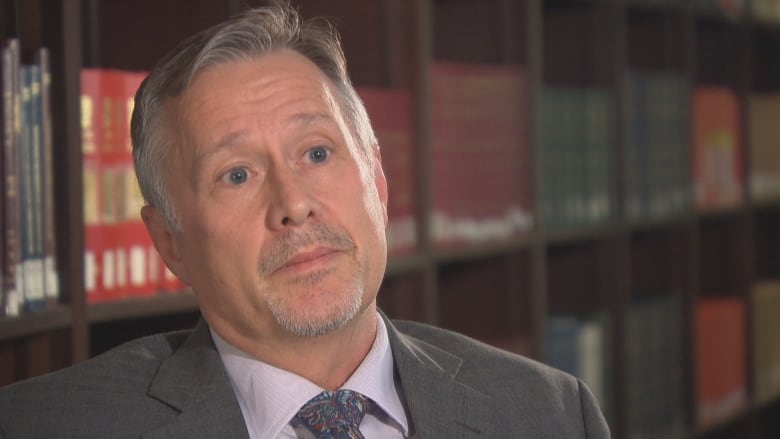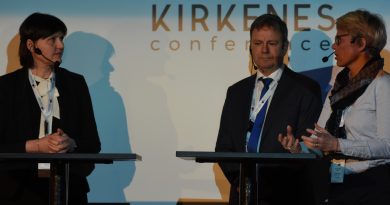A Canadian first: Federal court issues decision in Indigenous Cree and Dene languages

In a bid to make the justice system more accessible, Canada’s Federal Court has issued its first ruling in Cree and Dene.
The court ruling overturned the suspension of Fort McMurray #468 First Nation band councillor Samantha Whalen. Justice Sébastien Grammond issued the summary judgment on Friday, which was released also in French and English.
Whalen, the complainant, said she’s overjoyed the court reinstated her as a band councillor — and did it in languages many of the elders who elected her can understand.
“The decision was a big win for me and my community, my supporters and nations who need decisions like this made across Canada,” Whalen told CBC. “And it’s a win for Cree and Dene speaking communities.”
Years of the residential school system and institutional racism came close to wiping out the Cree language in her community of 800 people, located south of Fort McMurray in Alberta (Prairies). Whalen doesn’t speak Cree and estimates only one-quarter of community members speak it, most of them elders.

Even for non-lawyers, the law can sound like a foreign language — but for Canadians who aren’t comfortable communicating in either English or French, the obstacles can be greater.
In a rare move, Justice Roger Lafrenière spoke to CBC about the Federal Court’s decision to translate the ruling. Sitting judges rarely give media interviews.
Lafrenière, chair of the court’s Aboriginal Law Bar Liaison Committee, said the translated ruling is another way for the court to reach out to Indigenous Canadians, many of whom have a negative image of Canada’s court system.
Lafrenière confirmed this was the first time Federal Court had issued a ruling in a language other than one of Canada’s two official languages.
He said it’s following the Supreme Court’s directive to issue rulings in plain language. But the court, he said, is taking it one step further.
“We are trying to demystify what our court is about,” Lafrenière said. “This was, in my view, a perfect example by providing these summaries to say we are listening and we are doing things differently.”
‘Unprecedented’
Indigenous litigator and advocate Katherine Hensel called the move “unprecedented” and said it’s a step toward fulfilling the calls to action made by Canada’s Truth and Reconciliation Commission.
She said the processes and rules of Canada’s legal system are foreign to Indigenous people and “inconsistent” with their traditional legal systems.
Hensel said Indigenous lawyers, like her, often serve two legal systems — upholding the laws of the Crown and the laws of First Nations, Inuit and Métis peoples.
“Really it’s reconciliation in action,” Hensel said. “To have an Indigenous language incorporated in any way into judicial proceedings is one of the preconditions to having a justice system that reflects the Indigenous litigant’s values.
“And someday, perhaps, even laws.”
Related stories from around the North:
Canada: Indigenous man in Northern Canada who was denied interpreter in court granted mistrial, CBC News
Finland: Budget cuts threaten international Sámi language cooperation, Yle News
United States: Indigenous leaders at UN meeting push for decade dedicated to language revitalization, CBC News



